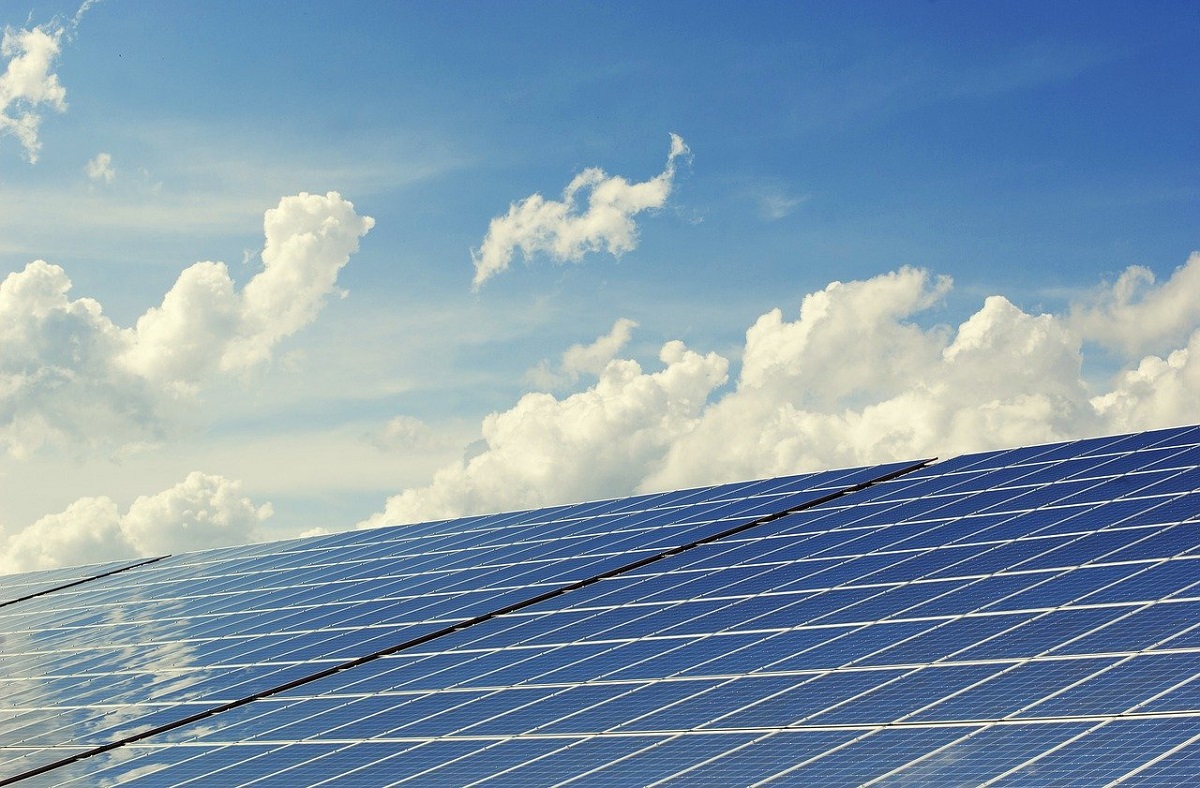The worldwide renewable energy market is predicted to increase by 1581.08 GW between 2021 and 2026, at an 8.72 percent CAGR (compound annual growth rate) throughout the forecast period, says the new report from market research firm Technavio. The industry is distinguished by the presence of several regional and international companies offering distinctive goods. To achieve a competitive advantage, the suppliers are implementing a variety of organic and inorganic expansion techniques.
In 2021, the hydropower category held the biggest market share. Hydropower is now the world’s greatest source of renewable energy. Power generation in the market is predicted to expand by 17%, or 230 GW, between 2021 and 2030, offering considerable potential prospects. During the projection period, market growth in the sector is predicted to be at its peak.
Geographically, APAC (Asia – Pacific) will provide various prospects for expansion. Currently, the area controls 69 percent of the worldwide market. The availability of a variety of financial incentive schemes is propelling the regional industry forward. APAC’s primary renewable energy markets include China, India, and Japan. The market will expand quicker in APAC than in other regions.
Government initiatives that promote renewable energy are driving the industry. Governments all across the globe are providing incentives, subsidies, and tax breaks to encourage the use of renewable energy.
For example, the United States government has created the investment tax credit (ITC) federal policy to encourage the installation of solar PV facilities in the country. Similarly, several governments are developing policies to encourage the production and use of renewable energy. These forces are propelling the global renewable energy industry forward.
Furthermore, environmental worries about the usage of fossil fuels are expected to drive the expansion of the renewable energy sector. Also, the conflict in Ukraine highlights the necessity for European nations to minimize their dependency on Russian gas and accelerate the transition to renewable energy.

